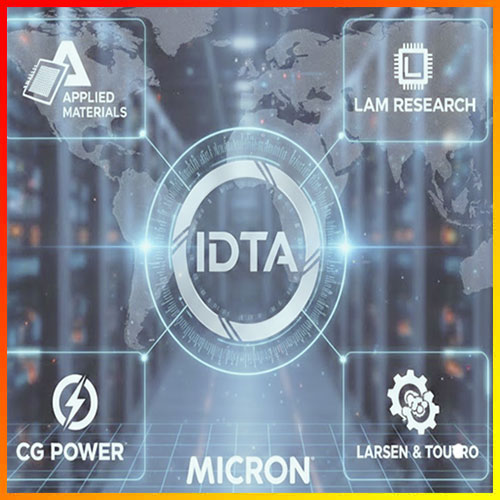
The digital age has transformed the way we interact with the world, from communication to entertainment. However, excessive digital consumption has raised concerns about its potential addictive nature. Before we explore the effect of internet addiction.
Recently we at VARINDIA talked about the rising concerns of Digital Dementia, and today we will talk of Internet addiction or problematic internet use. This is nothing but when you stand at the threshold of falling sick with Digital dementia. When individuals feel compelled to spend more time online to achieve the same levels of satisfaction. This can lead to withdrawal symptoms such as anxiety, moodiness, and compulsive thoughts about the internet when they are offline.
A study published in the journal Cyber-psychology, Behavior, and Social Networking highlights how individuals may experience significant distress when unable to access the internet, indicating a dependency on online interactions for emotional regulation.
Moreover, the American Psychiatric Association has recognized internet gaming disorder as a condition warranting further clinical study, suggesting that similar patterns may exist for other forms of online engagement. The need for increasing amounts of time spent online to maintain satisfaction aligns with the concept of tolerance, a common characteristic of addictive behaviors.
Signs of Digital Addiction:
Loss of Control: meaning Inability to limit screen time or resist the urge to check devices frequently.
Neglecting Responsibilities: here one starts Prioritizing digital activities over important tasks or relationships.
Withdrawal Symptoms: Internet addiction leads to Experiencing anxiety, irritability, or restlessness when unable to access digital devices.
Negative Impact on Relationships: This also leads to Strained relationships due to excessive time spent online.
Sleep Disruption: Difficulty falling asleep or staying asleep due to late-night screen exposure.
Factors Contributing to Digital Addiction:
• Dopamine Release: Digital activities can trigger the release of dopamine, a neurotransmitter associated with pleasure and reward, leading to addictive behaviors.
• Social Validation: Social media platforms provide opportunities for validation and attention, which can be highly reinforcing.
• Easy Accessibility: The constant availability of digital devices makes it easy to engage in addictive behaviors.
Moving forward, digital Platforms should clearly communicate the potential risks of excessive use. This could include statistics on mental health impacts or tips for managing screen time. Secondly, why not use AI to provide real-time notifications about overuse of internet or being overly online, which can empower users to take control of their habits. With this thought we sign off for now..
See What’s Next in Tech With the Fast Forward Newsletter
Tweets From @varindiamag
Nothing to see here - yet
When they Tweet, their Tweets will show up here.





























